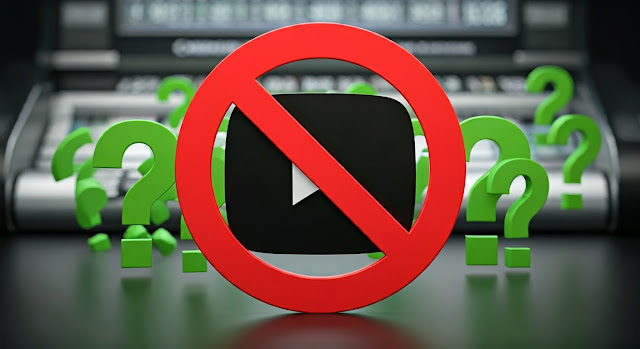- Get link
- X
- Other Apps
- Get link
- X
- Other Apps
In recent years, YouTube Shorts has become a phenomenon, offering creators a new way to connect with audiences. Its bite-sized format is perfect for the on-the-go viewer, and its algorithmic reach can propel videos to thousands—or even millions—of views. But when it comes to monetizing your channel through Shorts, the path isn’t as magical as it may seem. It requires strategy, consistency, and a solid understanding of YouTube’s requirements.
Understanding YouTube’s Monetization Requirements
Before diving into the “how,” let’s break down the eligibility requirements for YouTube’s Partner Program (YPP), which allows creators to earn ad revenue. You need:
- 1,000 subscribers
- Either:
- 4,000 public watch hours on regular videos in the last 365 days, or
- 3 million public views on Shorts in the last 90 days.
- 3 uploads in the last 90 days.
For many aspiring creators, hitting the Shorts milestone—3 million views in just three months—can seem like climbing a mountain. While the format’s viral potential is undeniable, relying solely on Shorts to monetize your channel might not be the magical solution you’re hoping for.
Why Shorts Are Not a Shortcut
1. Viral Doesn’t Always Mean Sustainable
Shorts can indeed bring in massive views quickly, but the majority of these views may not translate into loyal subscribers or engaged viewers. Unlike longer-form videos, which allow creators to showcase their expertise or tell a deeper story, Shorts often lack the personal connection that builds a dedicated audience.
2. The Watch Hour Dilemma
While Shorts views can contribute to the 3 million view requirement, they don’t count toward the 4,000 public watch hours required for standard monetization. For creators looking to balance both strategies, this can be a frustrating limitation.
3. Fierce Competition
The low production barrier for Shorts means that millions of creators are vying for the same attention. Standing out requires not just creativity but a keen understanding of trends, hashtags, and timing.
How to Build a Monetization Strategy with Shorts
If you’re determined to use Shorts as part of your monetization plan, here are some actionable steps:
1. Focus on Quality, Not Quantity
Don’t flood your channel with Shorts just for the sake of hitting a viral moment. Instead, prioritize creating content that aligns with your brand and adds value to your audience. Engaging storytelling, humor, or educational tips can work wonders.
2. Leverage Shorts to Drive Traffic to Longer Videos
Shorts can act as a teaser for your full-length content. Include a call-to-action (CTA) encouraging viewers to check out your longer videos or playlists. This strategy helps you build the watch hours necessary for traditional monetization.
3. Use Trends, but Make Them Yours
Jumping on trends is essential for Shorts, but don’t just copy what’s already popular. Add your unique twist to trending topics to make your content memorable.
4. Engage with Your Audience
Respond to comments, create polls, and ask questions in your Shorts to build a community. Engaged viewers are more likely to subscribe and interact with your channel.
5. Stay Consistent
Consistency is key. Regular uploads not only keep your audience engaged but also signal to YouTube’s algorithm that you’re an active creator.
The Bottom Line
Monetizing a YouTube channel using Shorts isn’t about luck or magic—it’s about effort, strategy, and adaptability. Shorts can be a powerful tool to reach new audiences, but they’re best used as part of a broader content strategy that includes longer videos and meaningful engagement.
Remember, success on YouTube is a marathon, not a sprint. Focus on building content that resonates with your audience, and the numbers will follow. With persistence and creativity, monetization is within reach—no magic wand required.

Comments
Post a Comment